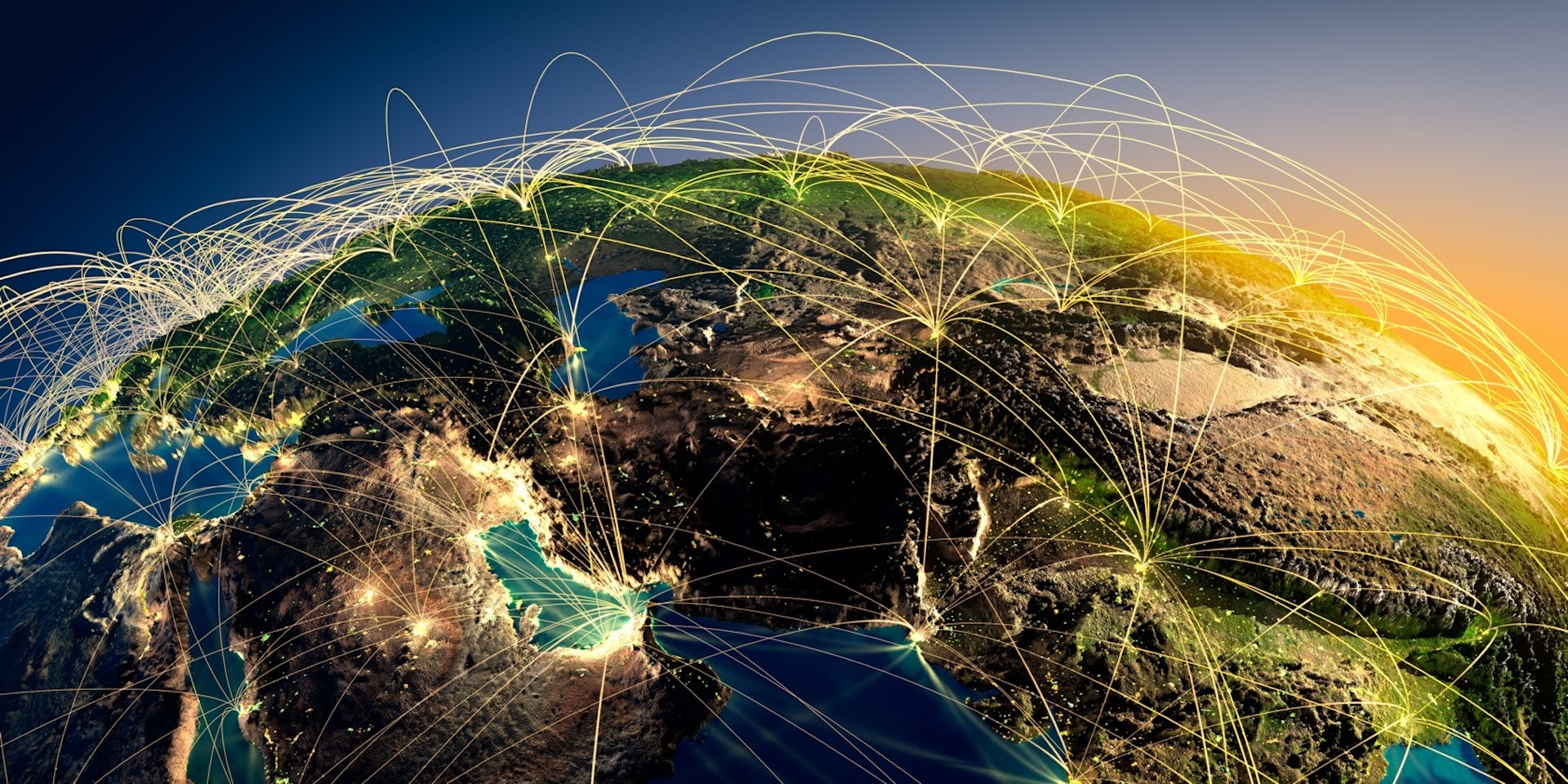The net and the arena extensive net has reduced the barriers to broadcast communique to almost 0. In the beyond, you had to have a printed license and plenty of cash to run a television station, a radio station, a newspaper, or a mag-publishing operation that would reach a large target audience. Today, you want a phone and an account on Twitter, YouTube, Facebook, or a comparable social medium.
The empowerment of people has been nothing brief of exhilarating – however, now we’re beginning to see the results. Freedom to talk has never been more available. Still, within the resulting babel, the truth is obscured using synthetic falsehoods, misrepresentations, fake information, opportunity facts, and a medley of different phenomena. In 2018, we will see a sizeable response to these side effects and could hold close to the nettle of stabilizing free speech with an open internet.

The web’s powerful enabling capability has delivered several social disruptions that some nations regard as dangerous. There is pressure on the companies of the enabling structures to filter out a number of the content, both according to consumer wishes, business motives, or because legal guidelines are enacted that require redaction.
The European Right to be a Forgotten policy already imposes redaction necessities on search engines. For commercial enterprise reasons, some content is being demonetized (i.e., no commercials are shown in connection with the content material). There are many common needs from many – each company and people – that detest speech is filtered or de-prioritized.
- A Peep Into the Future Tech Innovations at CES 2017
- App shutdowns harm economies
- making the net of factors rely upon
- How to Improve the Performance of Your WordPress Theme
- Epiphany Celebrations Around the World
Freedom of speech is primarily significant in our Bill of Rights in the United States. It is predicted that speech you do not like should still be accepted. Nonetheless, it’s becoming apparent that no longer all systems will be required to allow all speech. Just the opposite. The difficult question is where to draw strains. At what point does filtering come to be harmful censorship? Different societies and cultures may additionally illustrate themes in special places. On the global Internet, how will those variations be reconciled?
The Internet has to turn out to mirror our worldwide societies. Fifty-one a cent of the arena’s populace is estimated to have been admitted to it, many of them using smartphones. Some humans are not happy with what they see in this mirror; however, they wonder if correcting the reflection will repair the issues therein. If the trend in filtering net content material persists and grows, it seems probable that the content filtered out will pass underground into the dark Internet.
For a few observers, this appears to be an awesome final result. However, transparency is a crucial detail in assessing the health of society. If we can’t see the cancers in the framesensible, we can also fail to understand the want for a remedial reaction. The significance of the liberty of the press has frequently been invoked precisely for this reason. In our zeal to filter out speech we don’t like or believe, we can also obscure serious societal troubles that deserve, if not demand, our interest.
So here is the problem for our increasingly connected world: how can we live aware of what is going on inside the globe and in the minds of its residents even as we search to limit the pernicious outcomes of unbridled freedom to spew hatred, falsehoods, and society-unfavorable ideologies? How can we instill critical questioning in our citizens that will winnow the wheat from the chaff? Is crucial thinking sufficient to defend against the virtual acid rain that threatens to poison the sea of beneficial online information? These questions have to be at the front of our minds in 2018.
Graham Jones is an expert speaker and psychologist. He has specialized in the psychology of communications and is interested in how we use the Internet. He speaks professionally about the need for companies to assume otherwise about the Internet. When he is not talking about the psychology of the Internet, Graham helps humans conquer their worries about public speaking. He is an award-winning creator, having written 29 books since he started his commercial enterprise 27 years ago. His books are on an expansion of enterprise subjects. However, 15 of them are approximately the Internet. Indeed, back in 1994, he wrote one of the first books about using the Internet in the enterprise, which has since been translated into five languages.
He is a qualified psychologist and a member of the British Psychological Society and the Society of Authors. He is a part-time instructor, lecturing for two universities in the UK. He is an Associate Lecturer with the Open University and a Visiting Lecturer at the University of Buckingham. He is a Fellow of the Professional Speaking Association, and he became President for 2010-11. Graham is an ordinary commentator and interviewee for lots of media outlets.
You may additionally listen to him interviewed on the radio, see him on TV, or examine his prices and articles in newspapers and magazines. Graham is listed on Wikipedia, too. Before becoming a creator and speaker, Graham labored in journalism and the media as a former mag editor. Also, he won an award for his PC journalism. He has also worked in public relations for the track enterprise, even at Polydor Records, controlled to sing on a report that made it into the UK track charts. Nowadays, he spends his time on level speaking rather than making a song!

